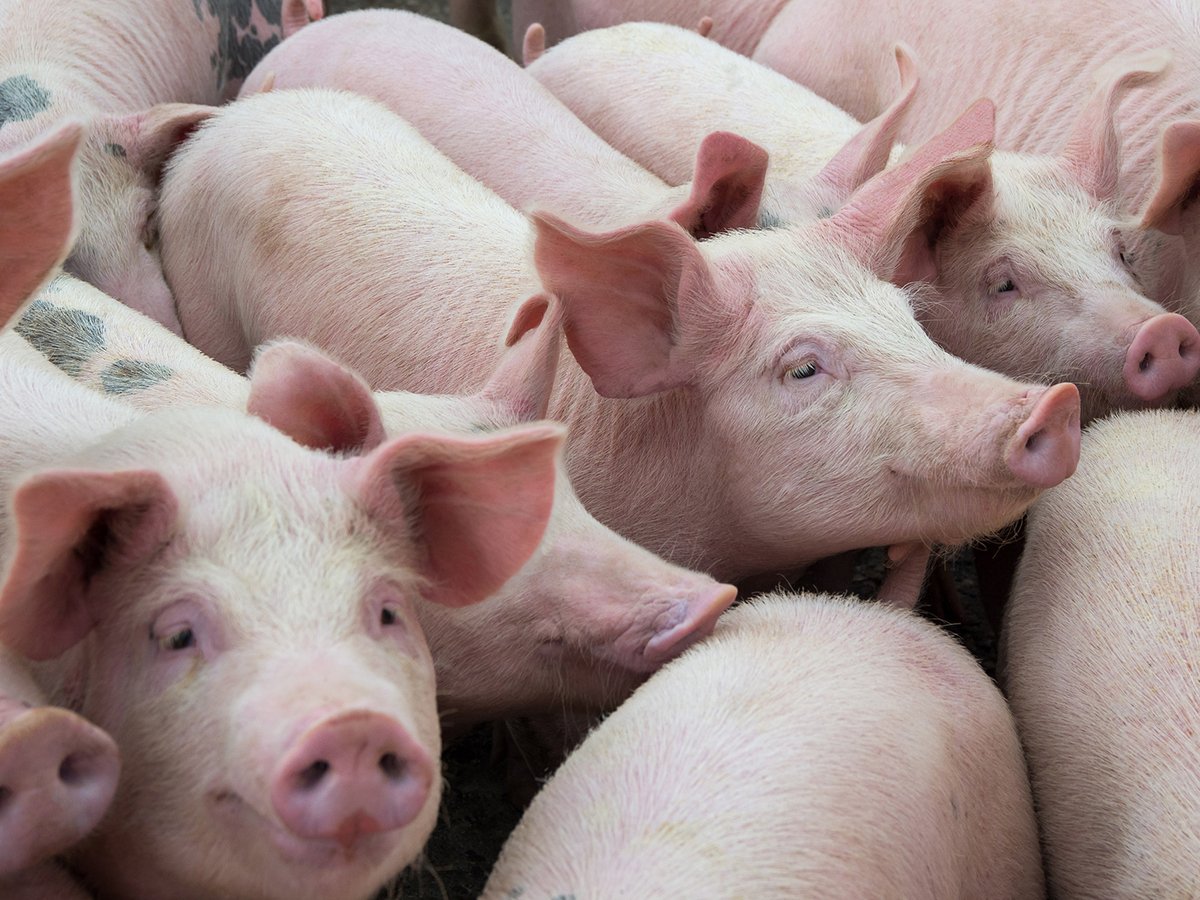Hands-on experience | University students learned about reproduction, breeding, and diseases
Sheep could be on a future course curriculum for students at the University of Saskatchewan, thanks to a popular pilot program launched this past term.
Interest in sheep is on the rise at the university, said Fiona Buchanan, a professor in the agriculture college’s animal and poultry science department.
The idea was met with skepticism at first, said Buchanan, who grew up on a sheep farm in New Zealand and was a natural manager for the university’s sheep flock, despite her being a beef cattle geneticist by training.
Read Also

Quebec pork company calls for transparency around gene-edited pigs
Quebec-based pork company duBreton is calling for transparency around meats from gene-edited pigs on concerns that a lack of mandatory labelling will confuse consumers, and dilute certification claims. The organic sector is also calling for labelling rules.
“I suggested to my colleagues that I was going to offer to put on a sheep class. One of my colleagues said, ‘don’t even think about it because you’ll get three or four students.’ I think that would have been true 10 years ago.”
Sheep have been on campus since 1911, but Buchanan said students are more interested in the cattle because of their background.
“The vast majority of students like beef cattle. They come from beef ranches. I normally don’t have a good showing on lectures that are on sheep,” she said.
“The cows are more visible, but I always thought sheep would get attention if people drove past them everyday. So to test the waters and gauge interest, we offered a sheep and goat management course.”
Hands-on experience was one of the main focuses for the class, which was initially limited to 20 students. However, the class filled up quickly and the enrolment cap was raised to 30 students, and then raised again.
“We still had two people in who begged and whined and really had to have it,” she said.
“So we had 32 students and I think that has blown my department out of the water. And I have to say it has blown me out of the water, too, because we even have students with cowboy hats sitting in the classroom, and that never would have been the case.”
Buchanan said there are several reasons for swelling interest from the agriculture college’s mostly female students.
“We have a lot of urban students that don’t come from a farm background. I think sheep are less intimidating (than cattle), sheep are pretty easy to manage and you don’t have to be a big person.”
Instruction in both the barns and classrooms covers topics as varied as reproduction, breeding, lambing, diseases, hoof trimming and shearing.
“You get to do mostly the same things (as cattle), other than shearing, which is obviously sheep specific,” she said.
“I think a lot of times people think sheep are little cows and I think this course proves that is not the case. You can’t feed a sheep as though it was a cow because you’ll kill them. There are certain differences in mineral requirements.”
The university has maintained a Suffolk flock for 30 years but added Rideau Arcott two years ago.
Cross breeding the Rideau Arcott rams and Suffolk ewes produce high vigour lambs.
“The lambs are popping up in no time and looking for the udder to get their first drink,” she said.
“The nice thing about how fast the crossbred lambs grow is we’re there when they are born in February, we’re there at weaning time and then we get to see the shearing. The students get exposure to almost a whole year’s worth within a term.”
She said the increased interest on campus could also have a positive impact on sheep numbers in the province.
“I think the nice thing about this class is people who didn’t know anything about sheep now think they know something about sheep and they would consider them an option if they got some land.”
The number of registered ewes in the province is rising: from 60,000 in 2010 to 68,000 in 2012.
“When you look at how much lamb is consumed in Canada, Canadian sheep producers supply 41 percent of that. So 59 percent is coming in from other countries. That is a good thing because it means the Canadian producers have room to grow in that market.”
Buchanan is waiting to learn the outcome of student evaluations, but she is optimistic the course will be offered again in January 2015.
“Everything I hear indirectly is that we’ll be getting good evaluations. So based on good enrolment, good evaluations, we can make it a real class.”

















